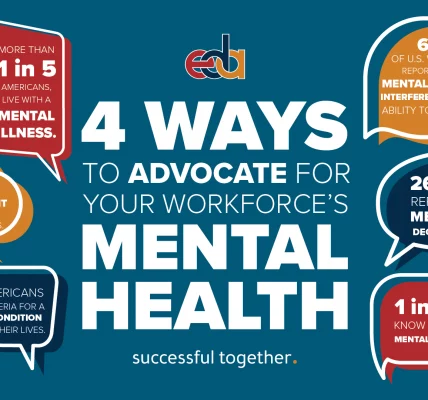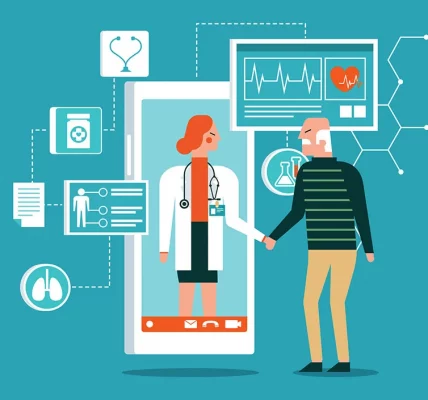Diabetes Understanding and Managing This Chronic Condition
Diabetes is a chronic condition that affects how your body turns food into energy. It occurs when your body either doesn’t produce enough insulin or can’t effectively use the insulin it produces. Insulin is a hormone1 that helps glucose (sugar) from food get into your cells to be used for energy.
Types of Diabetes
- Type 1 Diabetes:
- An autoimmune disease that destroys the insulin-producing cells in the pancreas.
- Usually diagnosed in children and young adults.
- Requires daily insulin injections.
- Type 2 Diabetes:
- The most common type, often associated with lifestyle factors like obesity and inactivity.
- The body becomes resistant to insulin, or doesn’t produce enough insulin.
- Can often be managed with diet, exercise, and medication.
- Gestational Diabetes:
- Develops during pregnancy and usually resolves after childbirth.
- Increases the risk of developing type 2 diabetes later in life.
Symptoms of Diabetes
- Frequent urination
- Increased thirst
- Extreme hunger2
- Unexplained weight loss
- Blurred vision
- Slow-healing sores
- Fatigue
Managing Diabetes
- Healthy Eating: A balanced diet low in sugar and refined carbohydrates.
- Regular Exercise: Aim for at least 30 minutes of moderate-intensity exercise most days of the week.
- Medication: Insulin or oral medications as prescribed by your doctor.
- Regular Check-ups: Monitor blood sugar levels regularly and attend regular doctor’s appointments.
- Healthy Lifestyle: Manage stress, get enough sleep, and quit smoking.
Complications of Diabetes If not well-managed, diabetes can lead to serious health complications, including:
- Heart disease
- Stroke
- Kidney disease
- Nerve damage
- Eye damage
- Foot problems
By understanding diabetes, making healthy lifestyle choices, and adhering to your treatment plan, you can effectively manage this chronic condition and reduce your risk of complications.




